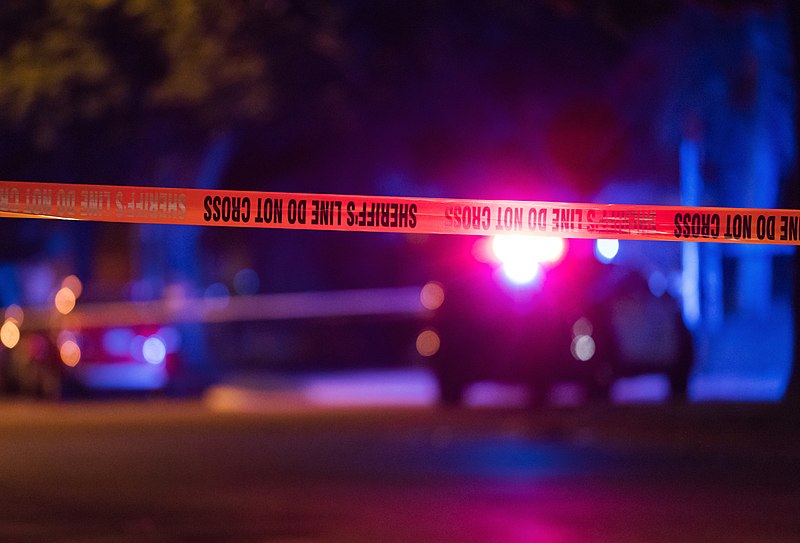Standing in front of a crew of workers paving a once-badly torn-up southeast Fresno street, a trio of Fresno City Council members announced a five-year plan to turn the city’s post-pandemic cash infusion into a citywide revitalization effort.
The plan, dubbed Rebuild Fresno, seeks to target spending over the five-year span at four priorities: revitalizing the city’s decaying infrastructure in older neighborhoods, level-off the cost of housing in the nation’s hottest housing market, improve the city’s transportation options, and fund public safety initiatives that increase community involvement.
Fresno City Council President Luis Chavez and Council members Miguel Arias and Nelson Esparza unveiled the vision for long-term expenditures.
Rebuild Fresno arrived one week after Fresno Mayor Jerry Dyer unveiled a $1.4 billion budget plan that the Councilmen delicately described as squandering a unique opportunity after receiving $177 million in Federal American Rescue Plan funds.
“We know that we always talk about “One Fresno’,” Chavez said, alluding to Dyer’s campaign motto-turned-governing mantra. “But I can tell you that we can’t get to ‘One Fresno’ unless we rebuild Fresno, and it’s going to start with rebuilding a lot of these neighborhoods that are over 100 years old.”
Chavez said that, in 12 years of city service in various capacities, budget battles were repetitious for south Fresno lawmakers: not enough money to go around to deliver much-needed improvements to various neighborhoods.
“South Fresno is forgotten no more,” Chavez said of the budget proposal.
In total, the plan will tap into four major revenue streams: the city’s general fund, $177 million in American Rescue Plan funds, tax revenues from Fresno’s recently-approved parks tax, and – eventually – local cannabis sales tax.
Arias likened the multi-pronged effort to Fresno’s version of the Marshall Plan, the wholesale recovery effort of Europe following World War II.
“This is certainly a once-in-a-lifetime opportunity,” Fresno City Councilman Nelson Esparza said in remarks.
Noting that the city has amassed more than $1 billion in deferred maintenance on its key infrastructure, Esparza said it would be easy to pass the buck onto past city leadership.
“However, at some point the leaders of today have to begin to turn the tide,” he said. “And that time is now.”









